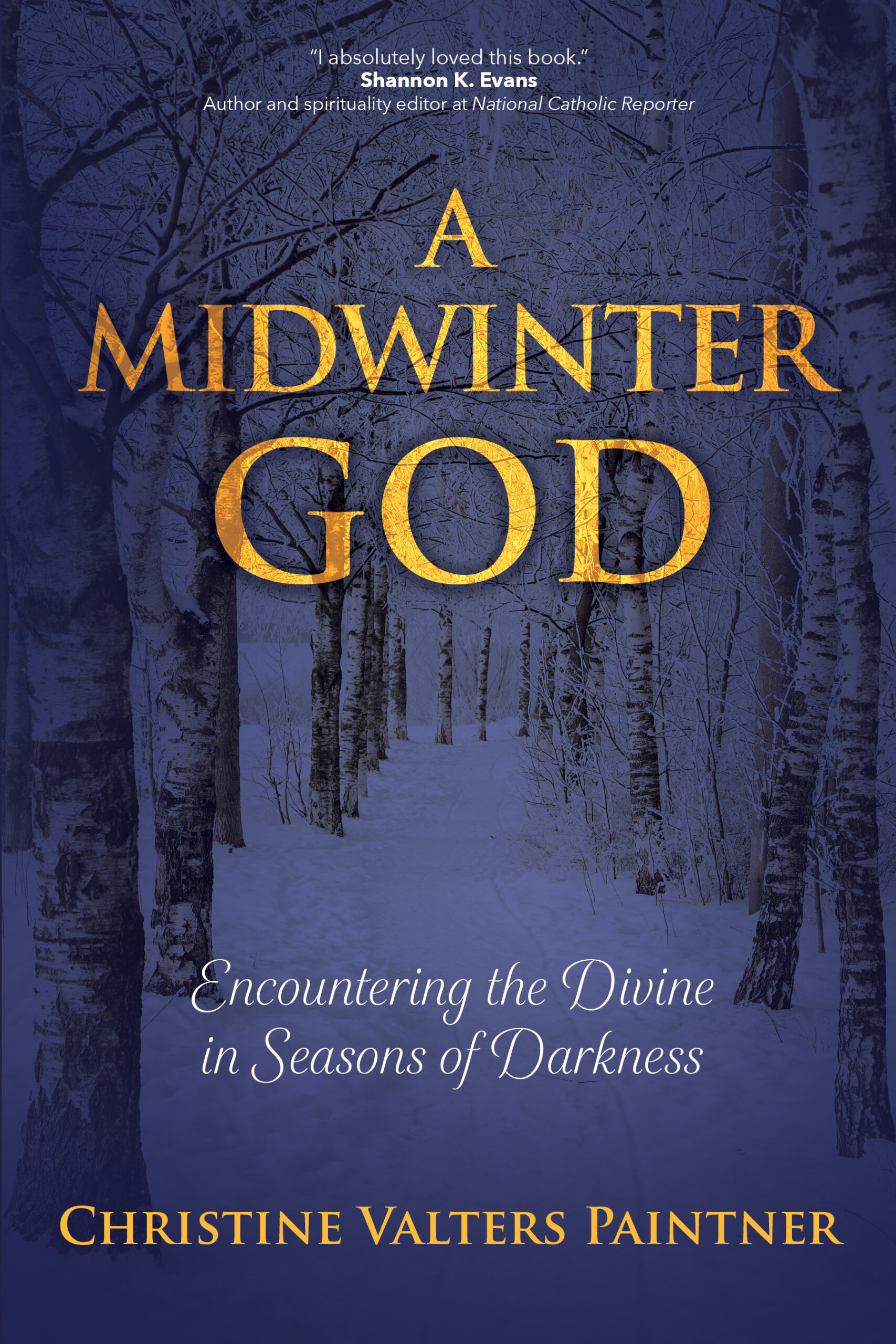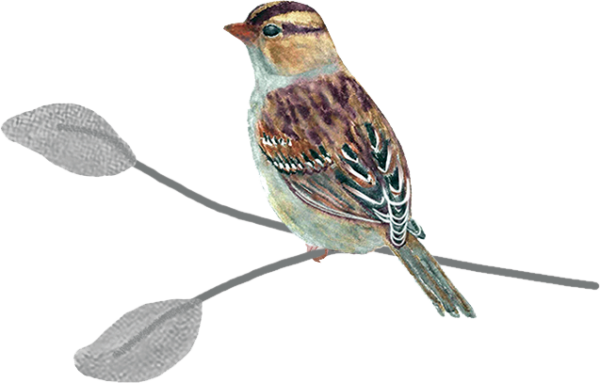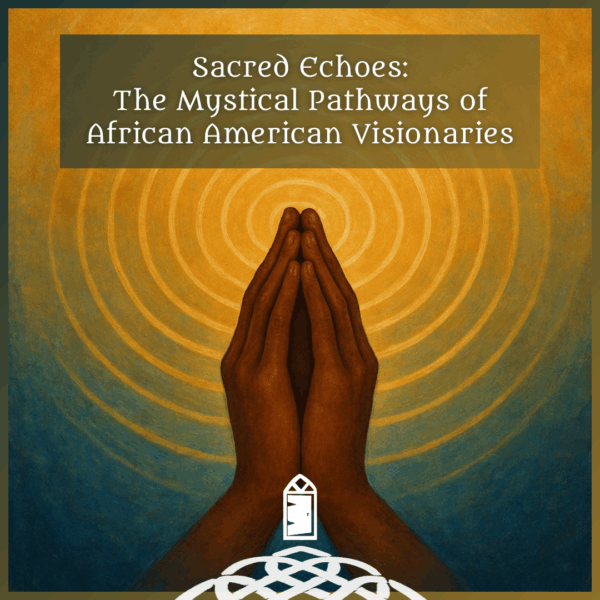My latest book A Midwinter God: Encountering the Divine in Seasons of Darkness has been reviewed by Jon M. Sweeney at Spirituality & Practice.
“No one combines teaching wisdom with spiritual practice quite like Christine Valters Paintner does in her books. This one is designed for anyone who’s grieving a loss and desires to thread that loss through their lives for meaning.
The message of A Midwinter God is one of self-compassion and locating meaning in what we usually find inexplicable — suffering and death.
Paintner tells of her own grief, illnesses, and losses, and how they have slowly changed her. An early summary employs these metaphors: “I once was a child of summertime, relishing the long days of brilliant sunshine and intense heat. I used to love the way summer would illuminate everything, making it seem filled with possibility. Now I am a child of winter and moonlight.”
The spiritual wisdom that’s available to those who suffer loss, what other Christian mystics have referred to as a kind of “holy darkness,” Paintner calls “the Midwinter God.” This is the divine in the cold and dark, bare of easy comforts. Paintner explores classic and essential aspects of this vision of God, focusing mostly on Christian sources, looking for instance at the Via Negativa, or Way of Unknowing; the “dark night of the soul”; Jesus on Holy Saturday descending to the underworld; and the divine feminine in the Virgin Mary as Mother of Sorrows and the Black Madonna.
All the things that frighten people most — loss, death, isolation, darkness — are shown to be wisdom teachers.
In a final chapter, Paintner dives into three archetypes from literature and mythology that are embedded in our unconscious experiences of loss across cultures and time periods. These are the archetypes of Orphan, Destroyer, and Sovereign, and addressing them is a way to reach our shadow side. (See the excerpt accompanying this review for a sample of this.) Paintner finds them in sources ranging from The Wizard of Oz and the Bible to the Greek myth of Persephone and the writings of James Hillman and Carol Pearson.
A series of “Creative Explorations” concludes each chapter, of several pages each. These include questions in response to material that’s been introduced, ways to connect to a lesson through embodied action, art projects, evocative poems (written by those who have attended the author’s retreats), journaling prompts, and guided meditations.”




